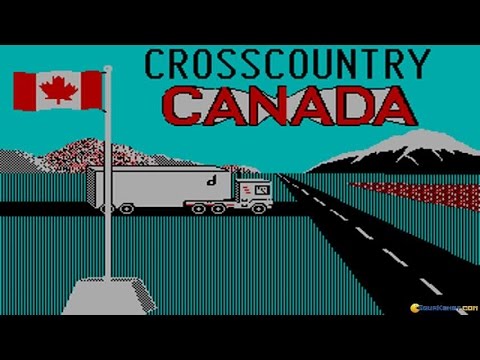WC '17 Contest 1 S3 - Crosscountry Canada
View as PDFWoburn Challenge 2017-18 Round 1 - Senior Division

There are
cities, with
roads running amongst them. The
road connects two
different cities
and
, and
can be driven along in either direction in
minutes. There may be multiple roads running directly between any
given pair of cities.
You're taking a roadtrip across Canada from city to city
. You'd
like to reach your destination in as little time as possible, by
following a sequence of roads from city to city. However, as every
Canadian knows, Tim Horton's pit stops are an essential part of any
trip. It's vital that you stop at a Tim Horton's every
minutes or less. In particular, you must never spend strictly more
than
consecutive minutes during your trip outside of Tim Hortons'
establishments, not counting any time before you leave city
or after
you arrive at city
.
Somehow, not every city has a Tim Horton's! If , then the
city doesn't have one, and if
, then it does
. Whenever you arrive in a city which has a Tim Horton's,
you may choose to stop at it before continuing on your trip, which takes
minutes.
What's the minimum amount of time required to reach city from city
without ever spending more than
consecutive minutes outside of Tim
Horton's establishments? If it can't be done, output
-1 instead.
Subtasks
In test cases worth of the points,
and
(for
).
In test cases worth another of the points,
(for
).
Input Specification
The first line of input consists of four space-separated integers, ,
,
, and
.
The next line consists of integers, .
lines follow, the
of which consists of three space-separated
integers,
,
, and
, for
.
Output Specification
Output a single integer, the minimum amount of time required to validly
reach city from city
, or
-1 if it's impossible.
Sample Input 1
6 10 6 3
0 1 0 1 0 0
1 3 3
1 4 6
1 4 7
2 4 2
2 5 4
2 6 3
3 4 6
4 5 1
4 6 6
5 6 5Sample Output 1
14Sample Input 2
2 1 10 1
1 1
2 1 11Sample Output 2
-1Sample Explanation 2
In the first case, one optimal route is as follows:
(
mins) Stop at Tim Horton's (
mins)
(
mins)
(
mins)
In the second case, the single road between the cities is just too long
for the trip to be possible, as driving along it would result in a lack
of Tim Horton's for more than minutes.
Comments